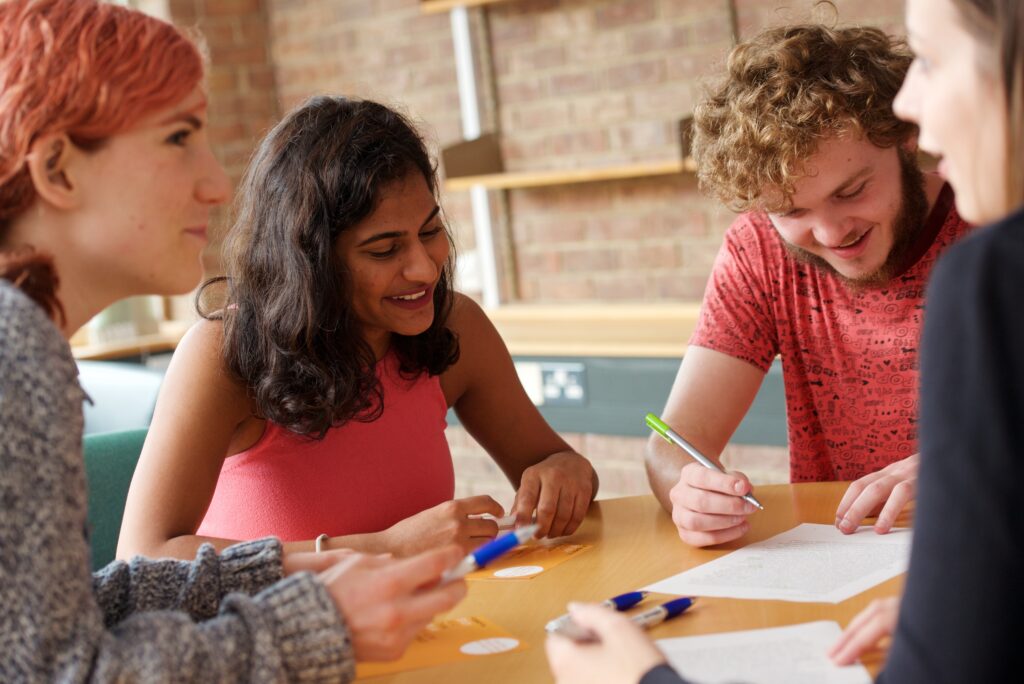
Are you tired of spending all day writing away only to feel like you haven’t made any progress? Maybe you’ve been rewriting the same paragraph (or sentence!) for hours on end or putting off writing altogether because you have no idea where to start. If so, give our one hour writing challenge a go!
The one hour writing challenge is a structured hour of activities designed to improve your focus and motivation and, most importantly, help you get some writing done:
Step One: Goal setting (5mins)
Setting a realistic goal for your writing before you gets started helps make sure you stay focussed on the task ahead (and that the task isn’t too overwhelming or unmanageable). It also ensures you get a nice dopamine hit when you achieve your goal and can tick ‘writing’ off your list for the day.
When it comes to goals, the less vague the better – the SMART approach can help you pin down and clearly define your task:
Specific: the specific idea I will write/section/paragraph I will work on is ….
Measurable: I will write _____ words
Achievable: this will be a rough draft/quick bullet points for me to work up later/polished final version/edited final draft
Relevant: where this section will fit in is …
Time- bound: I will write for 40 minutes.
Bear in mind that there may be some days when 40 minutes of writing is just too much. It’s fine to decide that 30 minutes or even 15 minutes is all that you can manage today. On the other hand, you may find that you want to write for longer! Goal setting is therefore a useful way to check-in with yourself and decide what’s realistic for you today.
Step Two: Freewriting (8mins)
Freewriting is like a warm up for your writing muscles, helping ease you into the task and giving you some time to think your ideas through before you try to communicate them to your reader.
It’s a great strategy for helping with writer’s block and procrastination too, which often occur because we’re trying to write something ‘perfectly’ first time or are unsure what we want to say in our writing. Freewriting gives you permission to write a ‘messy’ first draft and work out your thoughts without fear that your language isn’t ‘academic’ enough or your structure doesn’t ‘flow.’
The rules of freewriting are:
- Set a timer for 8 minutes
- Start writing whatever comes to mind about the section you’re going to be working on.
- Write in full sentences
- Don’t stop writing
- Don’t look back or edit
- If you get stuck, write about that – why are you stuck? What would help you get unstuck?! You just might be able to untangle yourself!
- If you don’t like what you’re writing, write about why
Step Three: Review (2mins)
Look over what you’ve just written. What points could you pull out of your freewriting that you might use in your draft?
Step Four: Write! (40mins)
Write for 40 minutes and work on your draft.
Step Five: Next Actions (2mins)
Use the final couple of minutes to leave notes to your future self about the next steps you need to take to progress this piece of writing. This helps you maintain momentum.
If you’d like to try out the One Hour Writing Challenge in the company of others and with some guidance from one of our Academic Skills tutors, sign up for our Write Here, Write Now writer’s group which will be running online every Wednesday at 10am from 2nd November to 14th December. Find out more here.








